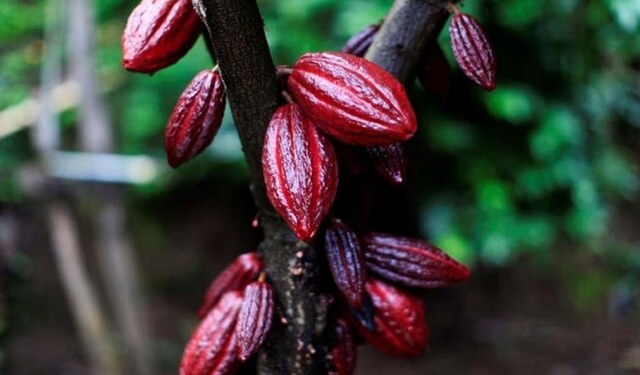CHICAGO: US corn futures climbed to a nine-month peak on Monday on worries about Midwest planting delays as more rain is expected across the region this week and dry weather stoked concerns over South American corn production.
U.S. wheat futures also rallied as dry conditions stressed winter wheat in the southern Plains and cold weather stalled seeding of the northern Plains spring wheat crop.
Soybeans retreated on profit taking.
“It’s a weather market. Coming in on a Monday, the market doesn’t like the forecast so away we go,” said Ted Seifried, chief agriculture market strategist with Zaner Group.
Corn planting in the Midwest and spring wheat seeding in the northern Plains have accelerated over the past week following a slow start, but midweek rains are expected to sideline farmers again.
Meanwhile, little rain is expected in the southern Plains winter wheat belt, which is likely to stress the developing crop further.
After the market closed on Monday, the U.S. Department of Agriculture said 17 percent of the U.S. corn crop had been planted as of Sunday, behind the five-year average of 27 percent. Spring wheat was just 10 percent planted, well behind the five-year average of 36 percent. Both were short of trade expectations.
U.S. winter wheat crop ratings improved slightly to 33 percent good to excellent, up 2 points from the previous week.
Chicago Board of Trade May soft red winter wheat ended up 12 cents at $5.10-1/2 a bushel while July K.C. hard red winter wheat was up 7 cents at $5.37-1/2. July Minneapolis spring wheat was 7-1/2 cents higher at $6.15-1/2 a bushel.
CBOT July corn was up 3 cents at $4.00-3/4 a bushel after earlier touching a high of $4.04 a bushel, the loftiest level since Aug. 10.
Corn drew strength from worries over a drought-reduced corn crop in Argentina and dry weather possibly curbing Brazil’s second crop of corn, which is in the critical pollination stage of development.
“The ongoing dry pattern in the corn belt will allow moisture shortages and stress to persist, which will result in some yield reductions as the crop pushes through pollination,” Don Keeney, a meteorologist with Radiant Solutions, said in a note to clients.
CBOT July soybeans were down 7-3/4 cents at $10.48-1/2 a bushel after earlier hitting a two-week high.
Source: Brecorder




























